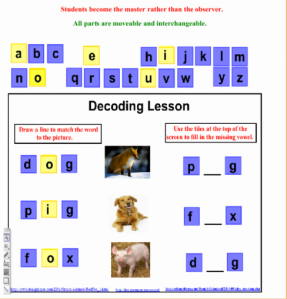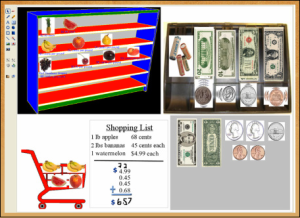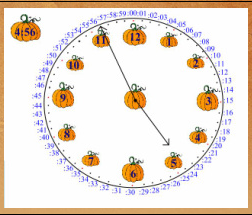Recently a teacher I have worked with as an online teacher for the past 5 years began her own tutoring services online using the essential requirements for struggling readers. She has extensive knowledge as a teacher of special education students specifically working with students with learning disabilities including dyslexic, dysgraphia and autism. I am most excited about her expertise with Barton Reading and Spelling (specialized program for dyslexic children).
Her tutoring services are offered online in an interactive, engaging environment that your child can participate in completely from their own home. Now, you may say, how can she help virtually? This is our expertise as online teachers. I do not get anything for recommending her to you, I am sharing because there are so many struggling students out there that just don’t have access to a specialized tutor. In the online environment, the students move tiles around, use a webcam, talk over the internet in the classroom and even write on the board themselves. Check out Kids of the King Tutoring services and prices (which are completely economical). Check out these pictures of setups in her room.
On this board, students can grab items off of the shelf, place them in their basket to buy and give the correct amount of money to the cashier. They can also practice making change by grabbing the money and giving it to the customer.
_________
On this board, students can practice reading a clock by moving the hands to the correct times given.
——–
———
———
———
———
 On this board, students can move tiles around and practice phonetic skills. This is a one of the early levels of reading skills development.
On this board, students can move tiles around and practice phonetic skills. This is a one of the early levels of reading skills development.

